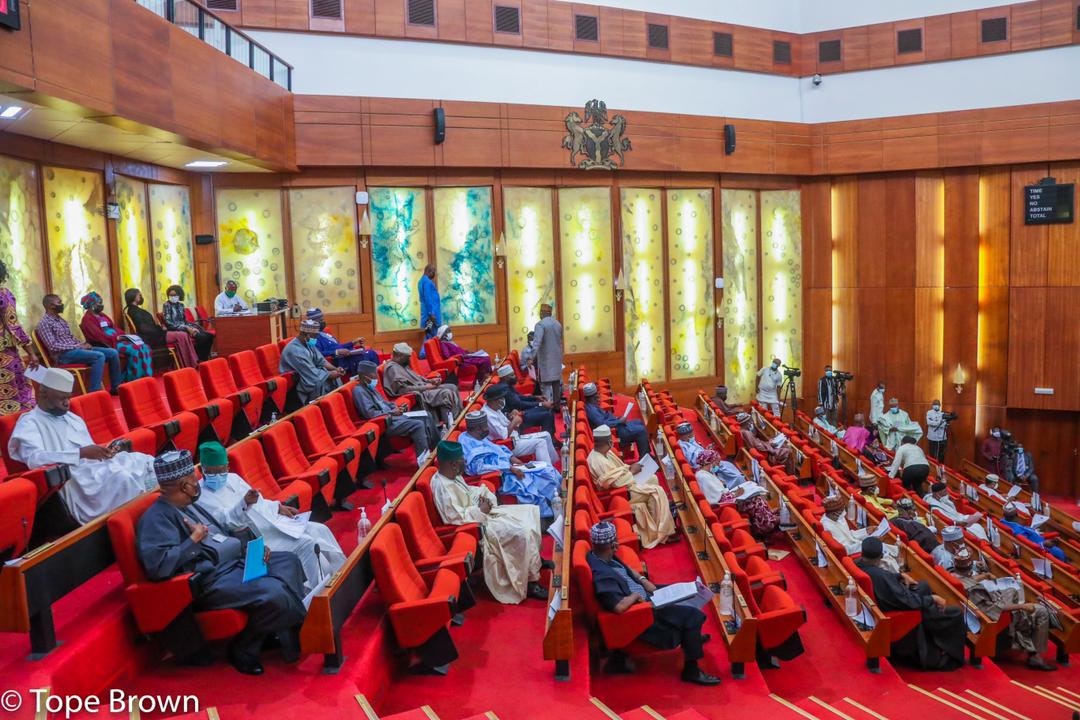The Senate, on Tuesday, passed the Nigerian College of Aviation Technology (Amendment) Bill, 2022.
The passage of the bill followed the consideration of a report by the Committee on Aviation.
Chairman of the Committee, Senator Smart Adeyemi (APC, Kogi West), in his presentation, said the bill seeks to provide for the organization, control and operation of training programmes related to the aviation sector and other related matters.
He said that it also seeks to provide the skills required for aircraft manufacturing, distribution, installation, maintenance and operation of technical equipment to increase the margin of operational safety of civil aircraft services.
Adeyemi said “the College is currently accredited by the National Board for Technical Education (NBTE) to run National Diploma and Higher National Diploma Courses.”
According to the lawmaker, the College admits National Diploma and Higher National Diploma students through the Joint Admissions and Matriculations Board (JAMB), while its graduates are eligible to participate in the National Youth Service Corps.
He explained that the bill’s passage and eventual assent into law, would legalize the new status of the College and enable it to be listed by the Tertiary Education Trust Fund to benefit from TETFUND.
He said being a TETFUND beneficiary would “allow it (college) to fill significant gaps through the fund.”
He noted that the bill’s passage would also provide the needed legal backing for the College as a regional training center of the International Civil Aviation Organization (ICAO).
Meanwhile, two bills seeking to establish the Chatered Risk Institute of Nigerians (RIMAN) and the National Research and Innovation Council, National Research and Innovation Foundation have scaled second reading in the Senate.
The bills were sponsored by Senators Tolupe Odebiyi (Ogun West) and Frank Ibezim (Imo North), respectively.
The bills after consideration were both referred by the Senate President, Ahmad Lawan, to the Committees on Establishment and Public Service Matters; and Science and Technology, respectively, for further inputs.
Both Committees were given four weeks each to report back to the upper chamber in plenary.



